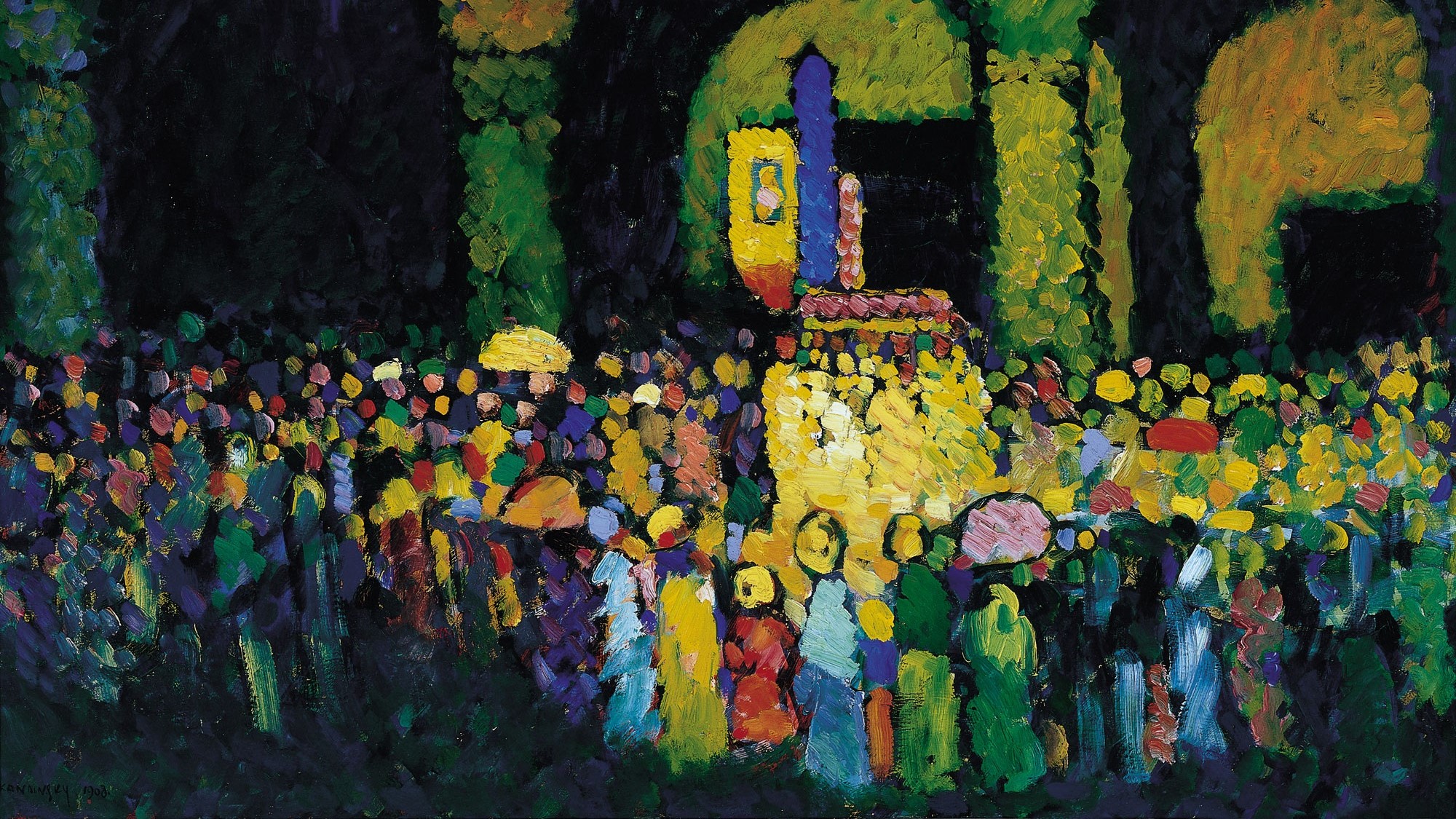
Psalm 117
1 PraiseA the Lord,B allC you nations!D
ExtolE him, all you peoples!F
A “praise” = halal. This is to be clear – it originally referred to a sound, then a color. It was to shine and then make a show or boast then to rave. In a causative sense it came to mean celebrate, give glory, sing praise, or be worth of praise. Because of the celebratory nature of the word, it could also mean to give in marriage. This is where Hallelujah comes from.
B “Lord” = YHVH. From havah (to be, become) or hayah (to come to pass, become, be). This is the name of the God of Israel, the self-existent and eternal one, the tetragrammaton. This pronunciation has been lost to time so “Lord” is generally used in its place.
C “all” = kol. From kalal (to complete). This is all or every.
D “nations” = goy. From the same root as gevah (the back, person, or body); related to gev (among); related to gaah (to rise up). This is nation or people. Often used to refer to Gentiles or foreign nations. It can also be used figuratively for a group of animals. This is where the Yiddish “goy” comes from.
E “extol” = shabach. 11x in OT. This is to glory, praise, triumph. It can also mean still or soothe. Properly, it is speaking to loudly or to calm through speech.
F “peoples” = ummah. 3x in OT. From the same as em (mother as binding a family together or a breeding female animal; mother in a literal or figurative sense). This is tribe or other community.
2 For great isG his steadfast loveH toward us,
and the faithfulnessI of the Lord endures forever.J
Praise the Lord!K
G “great is” = gabar. This is to be strong or mighty. It can mean to prevail or to be insolent.
H “steadfast love” = chesed. From chasad (being good, kind, merciful; may mean bowing one’s neck as is done in the presence of an equal for courtesy’s sake; so, if one in a superior position is treating you like an equal, that is what is captured here). This is favor, goodness, kindness, loving kindness, pity, reproach, or a good deed. When done by God to humanity, this is mercy/loving kindness. When done by humanity to God, it is piety.
I “faithfulness” = emet. From aman (to believe, endure, fulfill, confirm, support, be faithful, put one’s trust in, be steadfast. Figuratively, this is to be firm, steadfast, or faithful, trusting, believing, being permanent, morally solid). This is firmness or stability. Figuratively, it is faithfulness, truth, or trustworthiness. This is the same root that “amen” comes from.
J “forever” = olam. This is a long scope of time whether in the past (antiquity, ancient time) or in the future (eternal, everlasting).
K “Lord” = Yah. Related to “Lord” in v1. From YHVH (see note B above). This is Lord or God – a shortened form of God’s most holy name.
Image credit: “Ludwig’s Church Munich” by Wassily Kandinsky, 1908.
